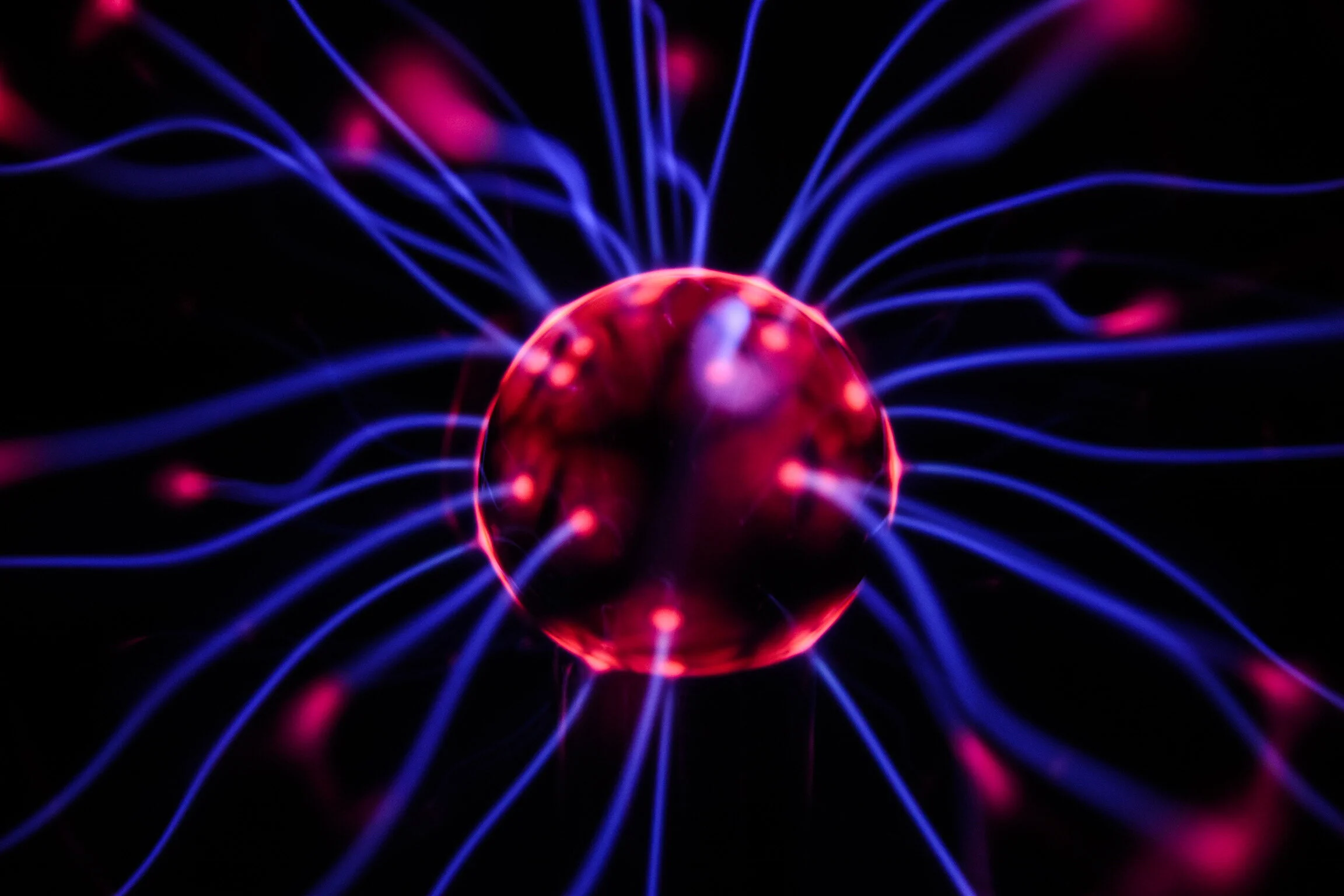neurogenesis
Author: Jack Stimson
When neurons were first discovered to be individual units, linked through electrical and chemical signals, no one thought that new neurons could be reproduced in adulthood. Essentially, the belief was that you were born with the maximum neurons you would ever have and they would slowly decrease in number as we aged. As technology advanced, however, this viewpoint changed. We now know that the reproduction of neurons (neurogenesis) is possible in the adult brain and that it serves many functions that benefit us on a day-to-day basis.
Exercise Therapy and Neurogenesis
One of the most prominent findings regarding neurogenesis is the beneficial interaction of exercise on the neurogenesis process. The primary studies that I read use evidence of brains that have undergone radiotherapy treatment (to eradicate brain tumors) to indicate how the effects of exercise altered the production of new neurons. They showed that even in a significantly inhospitable environment, such as a brain that has been damaged by radiotherapy, neurogenesis could be restored to pre-radio therapy levels through exercise therapy.
This increase in neurogenesis is great and all, but what exactly does this mean for the body? Well, newly created neurons use their connections with the hormonal-endocrine pathway to help reduce and regulate stress levels throughout the body. They have also been found to increase/maintain memory ability, which we know can decrease dramatically. On a side note, memory tasks are often used as the main measure of cognitive performance and so by engaging in exercise therapy you are basically maintaining your cognitive abilities (read: you basically get smarter).
Neurogenesis also aids in the production of glia cells, which serve numerous roles in the brain and actually make up 50% of the neurons within the brain. Although their role is often understated, they are extremely important to our functioning and without them we would die. That being said, glia cells maintain our blood brain barrier, which acts as a buffer between the blood and what makes it into our brain. It is extremely important because we can’t just let any old substance get into our brains!
Neuro 1
This figure above shows a blood brain barrier that isn’t doing such a good job of keeping things out of the brain. Neurogenesis, however, has been shown to aid/repair the blood brain barrier through the production of new cells, thus keeping weird junk out of our brains.
Conclusion
Exercise therapy is incredibly beneficial to those recovering from any sort of brain injury or neurological condition due to its positive effect on neurogenesis. Even just getting up from your desk and walking around can have huge benefits on not only your mood but cognitive abilities as well. If you don’t know where to start, we at Plus One would love to help you achieve your goals and make new neurons!



